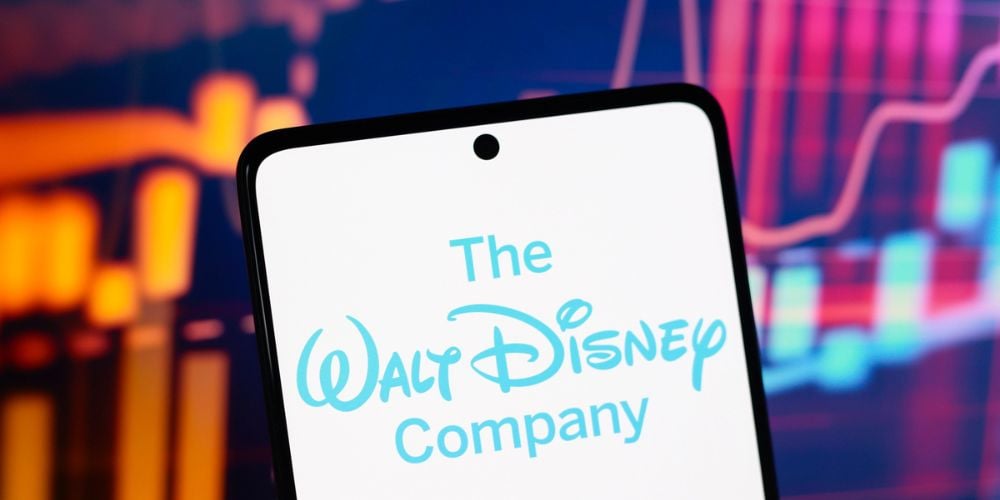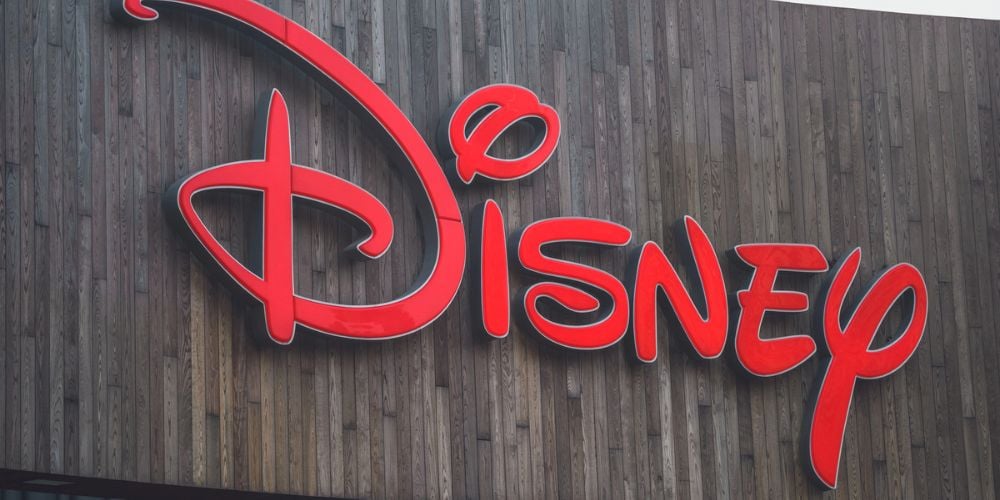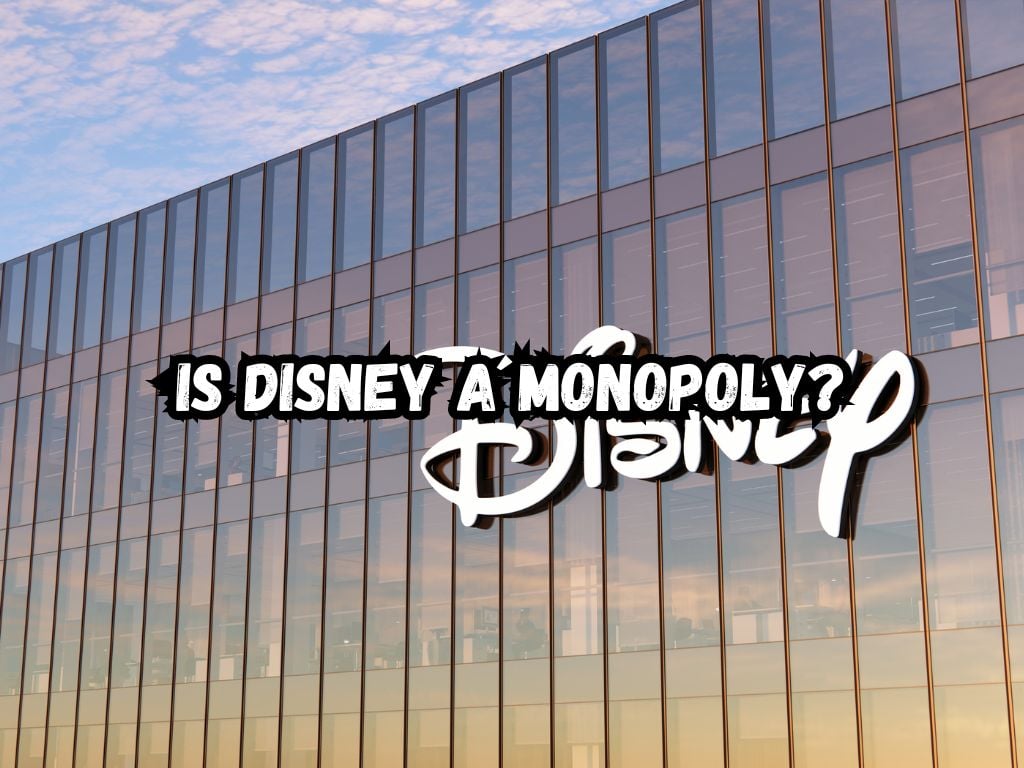The dominance of the Walt Disney Company, known worldwide for its magical theme parks and beloved characters, raises an important economic question: Is it a monopoly?
Before diving into this debate, it’s crucial to understand what a monopoly is. In simple terms, a monopoly occurs when a single company dominates an entire market, leaving little to no room for competitors. Let’s learn, is Disney a monopoly?
Antitrust laws exist to prevent such dominance, aiming to ensure fair competition. As we explore whether Disney fits this definition, remember, the answer impacts not just the company but consumers and the entire entertainment industry.
Background
Founded in 1923 by brothers Walt and Roy O. Disney, The Walt Disney Company has grown from a small animation studio into a global entertainment behemoth.
Through strategic acquisitions like Pixar, Marvel, Lucasfilm, and 21st Century Fox, Disney has expanded its grasp on various entertainment sectors including film, television, and theme parks. Today, Disney’s market share in these areas paints a picture of its towering presence.

Is Disney a Monopoly?
Disney’s dominance is not just visible in the smiles of children watching a superhero movie or families planning trips to Disneyland. It’s evident in numbers and market behavior.
Disney owns a considerable portion of the box office revenue each year, thanks to its array of blockbuster franchises. This market power allows Disney to dictate terms and potentially push out smaller competitors.
Furthermore, Disney’s control over a vast library of intellectual properties and its series of high-profile acquisitions have sparked concerns about consumer choice and competition.
With such control, Disney can limit what movies get made or which stories reach the public, posing a classic concern of monopolistic behavior.
The Case Against Disney Being a Monopoly
However, the presence of robust competitors like Warner Bros, Netflix, and Amazon shows that Disney doesn’t operate in a vacuum. Competition exists, offering different and unique content outside of Disney’s control.
Moreover, the continuous scrutiny of antitrust laws in the United States ensures that Disney’s business practices remain in check. These factors contribute to the argument that Disney, despite its size and influence, is not a monopoly.
Analysis of Disney’s Business Practices
Delving deeper, Disney’s pricing strategies and exclusive contracts come under the microscope. Its ability to set high prices, especially in theme parks and streaming services, raises questions.
The key to the monopoly debate lies in whether Disney engages in practices that unjustly eliminate competition.
So far, the company has navigated legal boundaries, maintaining a diverse portfolio that evolves with consumer demands and technological advancements.
Comparisons to Historical Monopolies
Comparing Disney to historical monopolies like Standard Oil and AT&T offers perspective. Unlike these companies, which dominated with little to no competition, Disney faces ongoing challenges and rivalry across its operations.
The entertainment and media landscapes are dynamic, with new players and platforms emerging regularly. This contrast highlights the differences in market conditions and competition levels.
Legal and Economic Implications
No significant antitrust action has targeted Disney directly for monopolistic behavior. However, its acquisitions, especially of 21st Century Fox, received thorough regulatory scrutiny before approval.
Economists and legal experts monitor Disney’s market influence, aware of the potential for future litigation or government action. These checks and balances are crucial for maintaining a competitive market structure.
International Perspective
Globally, Disney’s influence mirrors its domestic presence, yet it’s essential to recognize that it operates in a worldwide market with different rules and competitors.
The European Union, for instance, has stringent antitrust laws that Disney must navigate. This global context adds layers to the monopoly debate, showing that Disney’s market power varies by region.

Frequently Asked Questions
What is a monopoly, and how does it apply to Disney?
A monopoly exists when a single company has significant control over an entire market. For Disney, this question revolves around its dominance in the entertainment industry, across films, television, and theme parks.
What are the key acquisitions that have expanded Disney’s influence in the entertainment industry?
Key acquisitions include Pixar in 2006, Marvel Entertainment in 2009, Lucasfilm in 2012, and 21st Century Fox in 2019. Each acquisition has broadened Disney’s portfolio and market influence.
How do antitrust laws affect Disney and its business operations?
Antitrust laws regulate Disney’s acquisitions and business practices, ensuring they don’t unfairly reduce competition or harm consumers. These laws keep Disney’s potential monopoly tendencies in check.
Has Disney ever faced legal action due to potential monopolistic practices?
While Disney’s practices and acquisitions have faced scrutiny, no significant legal action has successfully challenged the company as a monopoly under current antitrust laws.
Can consumers influence the market power of a large company like Disney?
Yes, consumers have power through their choices and spending. Demand for diverse and independent content can support smaller companies, presenting challenges to larger entities like Disney.
Exploring whether Disney is a monopoly reveals the complexities of modern markets and the importance of ongoing analysis.
As the entertainment landscape evolves, monitoring Disney’s role within it remains a crucial endeavor for ensuring a vibrant, competitive industry.
Conclusion
Deciding if Disney is a monopoly is not a black-and-white issue. It holds significant influence in the entertainment industry, yet faces real competition and legal limitations.
The broader implications of this debate extend beyond Disney, touching on the health of the entertainment market, consumer choice, and future industry innovation.
As the landscape evolves, so too will this conversation, requiring continuous scrutiny and analysis.


 Tags:
Tags:










